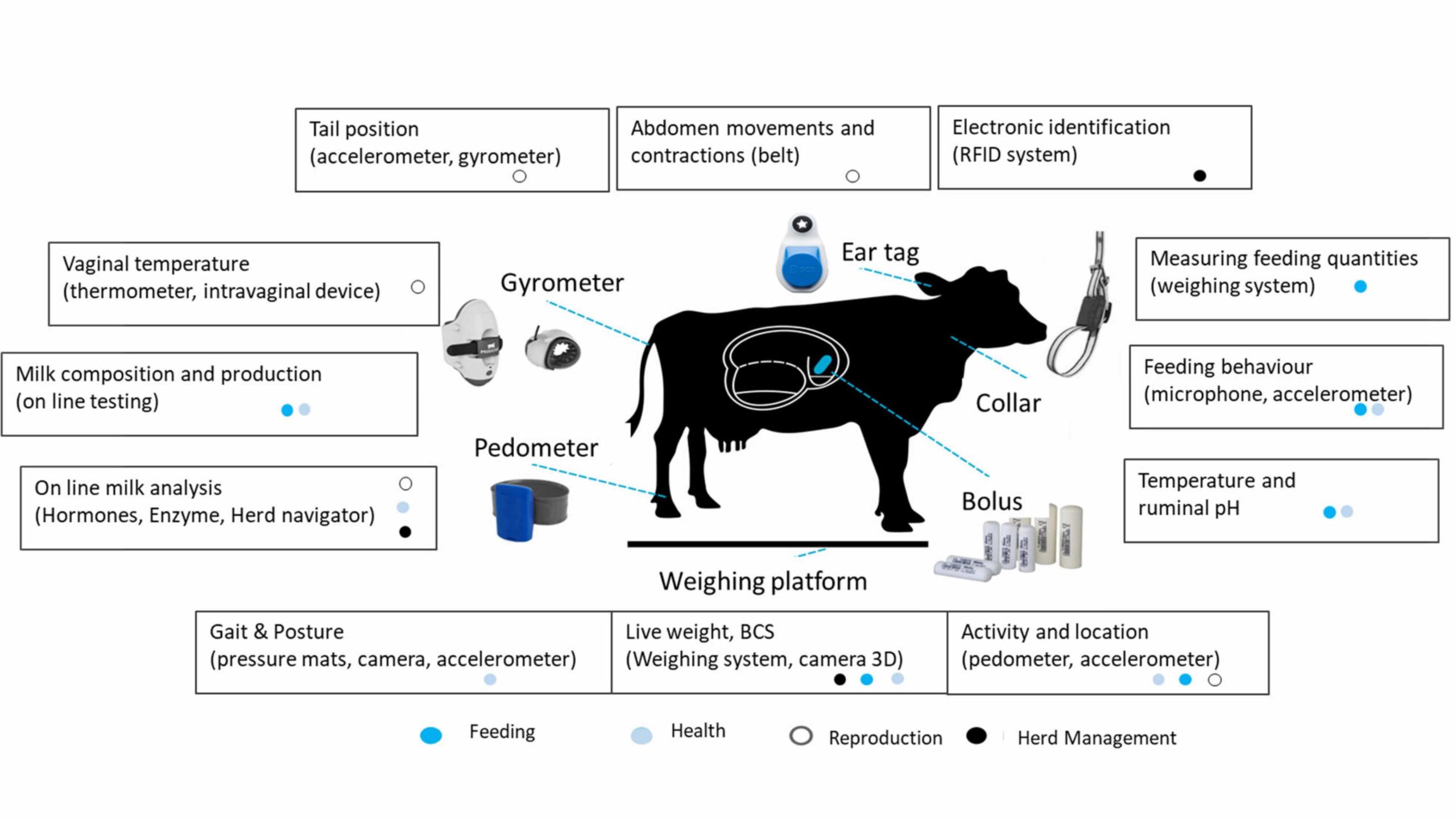Co-authored by David Laborde Debucquet and Sara Gustafson.
The Doha Development Agenda, the World Trade Organization (WTO’s) ambitious trade liberalization program, has been bogged down since its launch in 2001. Although it should not be blamed for the current stalemate, agricultural reform has played no small part in the agenda’s challenges, with disagreements over agriculture contributing to the failure of two critical WTO ministerial meetings in 2008. A new IFPRI discussion paper looks at the history of agricultural trade negotiations within the Doha Round talks, and emphasizes the critical need to include agricultural trade reform as part of any WTO trade agreement.
With agriculture making up as little as 6 percent of world trade, some policymakers and trade negotiators have questioned whether or not the agricultural sector should even be included in discussions surrounding global trade reform. Agricultural Trade: What Matters in the Doha Round? makes the argument that because agricultural trade policies, such as import tariffs, cause significant trade distortion and increase global price volatility, this small sector actually plays a huge role in the trade debate and is of special interest for the most vulnerable countries and people. Of the potential real-income gains that could be seen worldwide as a result of trade reform, the authors estimate that a whopping 70 percent will come from liberalization of the agriculture sector.
But if agricultural reform is so critical to the success of overall trade liberalization, why have the Doha Round talks stalled on the issue? Among other factors is the simple fact that different countries have different priorities. While net food-exporting countries tend to favor liberalization, for net food-importing countries, domestic policies such as import tariffs are politically expedient because they insulate domestic prices from changes on the international market.
The liberalization-vs.-protectionist battle is a central one. What the Doha Agenda needs, then, according to the paper’s authors, is a successful balancing act—one that takes into account both individual countries’ political need to protect their own populations and the global need to decrease trade distortions and subsequent food price volatility.
Agricultural Trade: What Matters in the Doha Round? By David Laborde Debuquet and Will Martin







